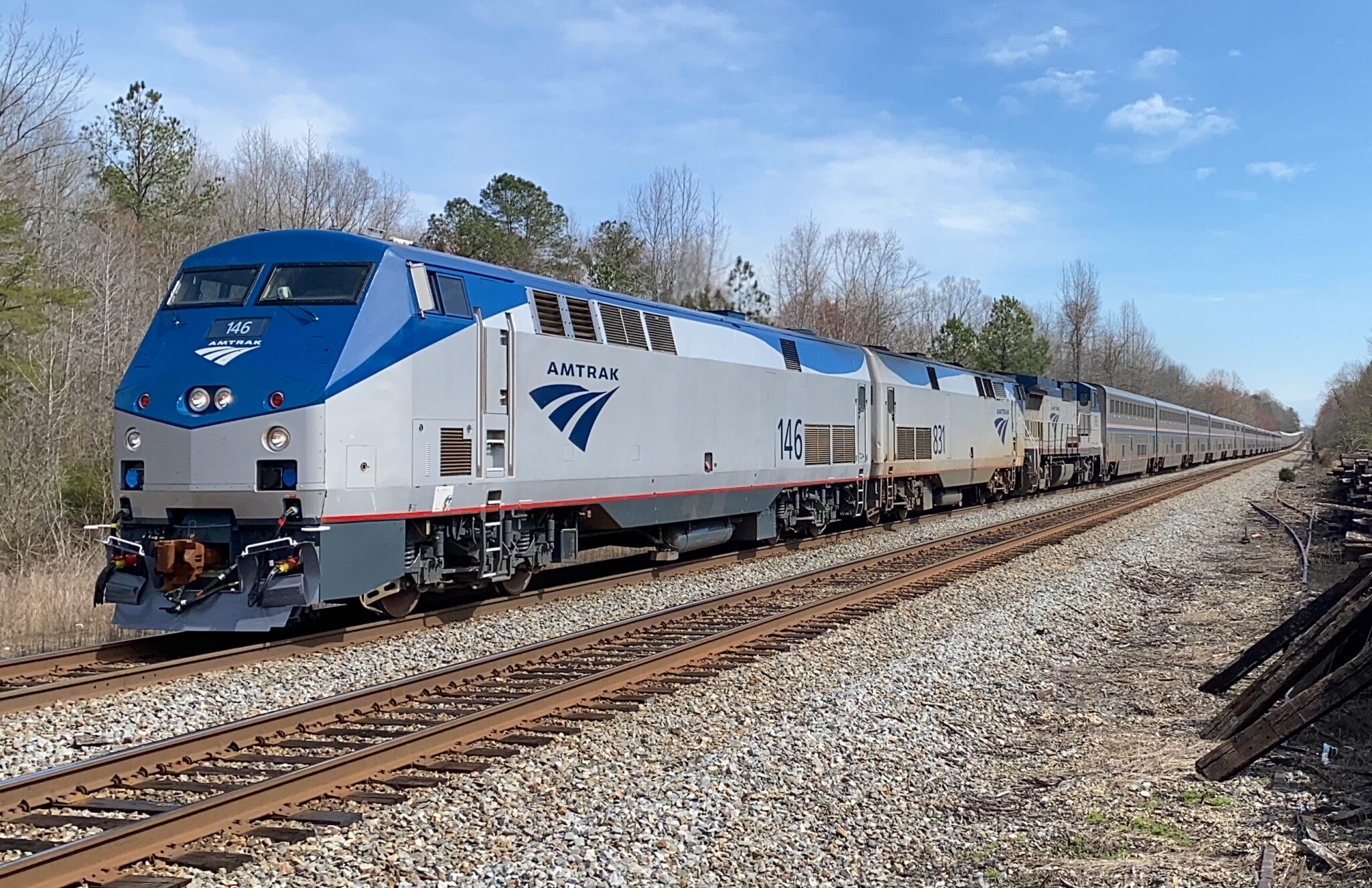Luke Hinrichs is a student at Harvard Law School.
In today’s news and commentaries, Illinois enacts the Worker Freedom of Speech Act protecting workers from mandatory anti-union meetings; Amtrak workers secure largest pay raise in the agency’s 53-year history; and nearly 500 power plant workers in Puerto Rico vote to unionize.
On Wednesday, July 31, Illinois Gov. Pritzker signed the Worker Freedom of Speech Act into law prohibits employers from disciplining, penalizing, or retaliating against workers who choose not to participate in meeting “if the meeting is designed to communicate an employer’s position on religious or political matters.” In targeting employers’ anti-union captive audience meetings, the bill defines political matters as including union related matters. Where a worker is compelled to attend such a meeting or penalized for not attending, the aggrieved worker has a year to file a civil lawsuit in which the relief includes compensation and reinstatement of employment. Complaints can also be filed with the state’s labor department for public enforcement and civil penalties. When the law goes into effect on January 1, 2025, Illinois will become the eighth state to prohibit employers from punishing workers for opting out of religious or political meetings, including meetings on unionization efforts.
The Transport Workers Union of America (TWU) Local 1460, representing roughly 360 Amtrak on-board service workers predominantly in the Northeast Corridor, secured the largest wage increase for Amtrak workers in the agency’s 53-year history. On July 30, the unionized on-board service workers voted to ratify a new seven-year contract providing a 34 percent compounded wage increase over the duration of the labor agreement, with full retroactive pay beginning July 1, 2022. The contract also includes a paid parental leave program providing workers who have been active for at least one year with 10 weeks of paid parental leave starting in 2025.
480 power plant workers of Genera PR—an independently managed subsidiary of the New York-based energy company New Fortress Inc. that operates and maintains electricity power generation for Puerto Rico—voted 261 to 149 in favor of joining the United Steelworkers (USW) union. In 2023, Genera PR was awarded a multimillion-dollar 10-year contract take over the power generation units owned by the public Puerto Rico Electric Power Authority as part of the ongoing project to privatize the island’s power generation among other public services. Genera refused to recognize any of the unions that represented the workers prior to the privatization. “The transition to the private sector left us without the protection of a collective bargaining agreement,” said Stephany Resto Sierra, an electrician at the Genera PR San Juan plant. “Winning our union was a priority because uncertainty reigned here previously. Now, through our union, we’ll be able to improve our working conditions and have a say in the decisions that affect us. We now call on Genera PR to sit down with us and swiftly negotiate a fair first contract.”






Daily News & Commentary
Start your day with our roundup of the latest labor developments. See all
February 22
A petition for certiorari in Bivens v. Zep, New York nurses end their historic six-week-strike, and Professor Block argues for just cause protections in New York City.
February 20
An analysis of the Board's decisions since regaining a quorum; 5th Circuit dissent criticizes Wright Line, Thryv.
February 19
Union membership increases slightly; Washington farmworker bill fails to make it out of committee; and unions in Argentina are on strike protesting President Milei’s labor reform bill.
February 18
A ruling against forced labor in CO prisons; business coalition lacks standing to challenge captive audience ban; labor unions to participate in rent strike in MN
February 17
San Francisco teachers’ strike ends; EEOC releases new guidance on telework; NFL must litigate discrimination and retaliation claims.
February 16
BLS releases jobs data; ILO hosts conference on child labor.